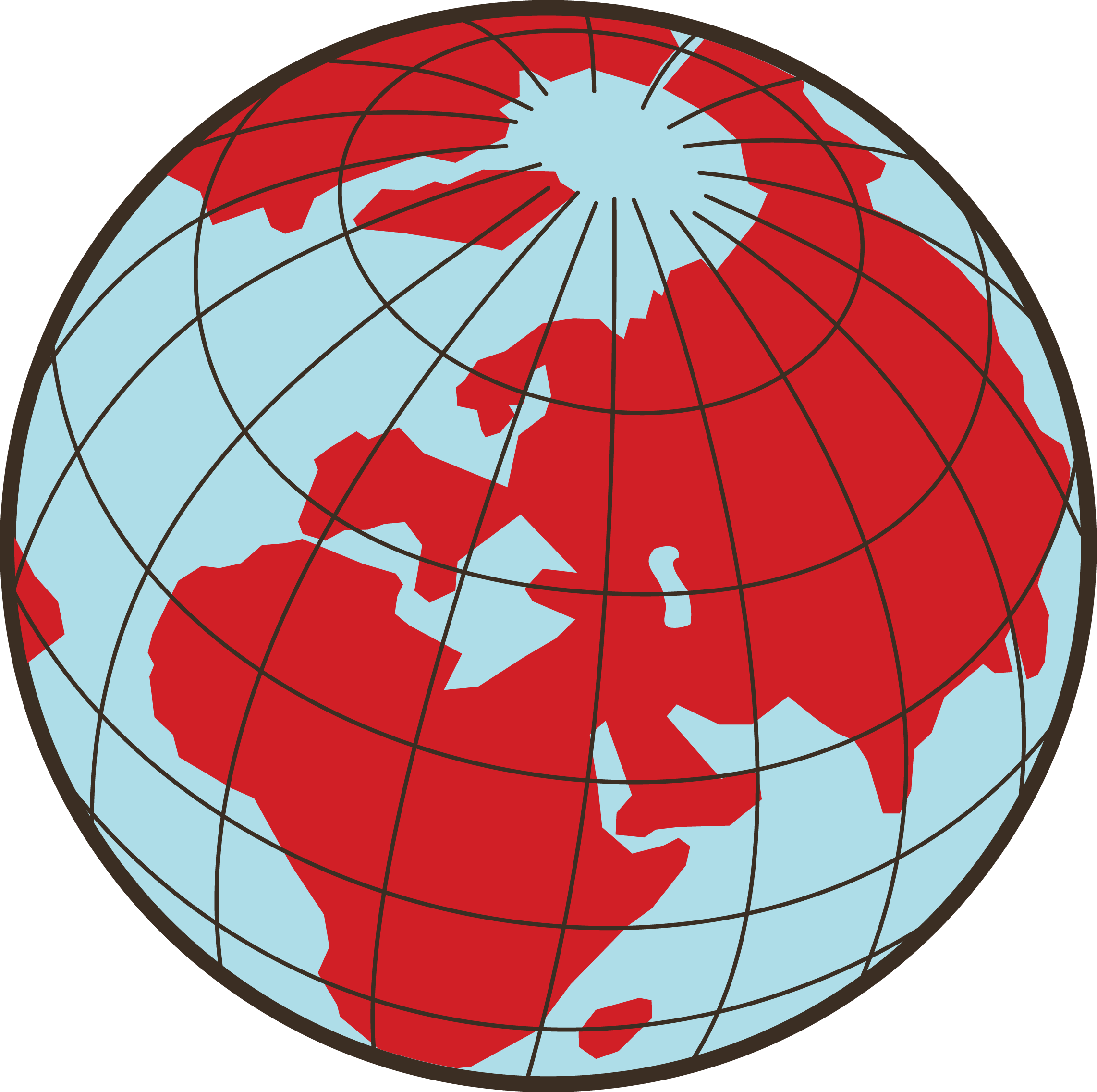I’m sure others have made this observation in the past, but I was just thinking about it and had a personal epiphany. Tobacco and caffeine are socially acceptable are because they don’t stop you from working. If anything they can help you work longer. That’s why you don’t see the elitecalling them evil so much as other drugs. Not a super mind shattering realization but I thought it might be worth discussion. Thoughts?
i agree. considering adderall and vyvanse, you can see how disinterest in work is now diagnosable with amphetamines.
right wing people even spot this but wrongly blame the doctors rather than our socio-economic system.
There are two books that really helped form my understanding of the formation of capitalism. They are, “The Market Revolution” by Charles Sellers(a Marxist academic) and “The Shop Keeper’s Millennium” by Paul E. Johnson.
Sellers goes into a lot of detail about the formation of early market economics in the U.S. during the Age of Jackson. The guy is a genius, and writes in a manner that is very easy to follow. I read his book as an undergraduate student in a course with many non-history majors, and we all found it easy. At the end of the class, our professor asked us which book we liked best, and Sellers won in a landslide.
Johnson’s book is a bit different. It specifically looks at market formation in a specific town in New York, Rochester. The Jacksonian era caused a lot of upset in the social hierarchy of America at the time. Compared to the previous six presidents, Jackson was considered by many to be a dangerous radical. He looks specifically at the religious revival in America and how closely religious persuasion was associated with business, and how that was used to actively keep working people restrained.
Both books are, in my view, essential for understanding the myriad ways that the dictatorship of the bourgeoisie engage in oppression against working people. I suggest everyone read them.
I totally agree with your point. Is it so shocking that children, given amphetamines at absurdly young ages, become attracted/addicted benzos? To opiates? In graduate school I was up til 2 or 3 AM, sleep for a couple of hours, up again at 6:30, on campus by 7. I drank 10-12 cups of very strong black coffee(supplemented heavily by my dear friend Marlboro Red and frankly dangerous amounts of Redbull) from then until 8 or 9, when my last class finished. I’d go home, eat dinner, and then study and the cycle would continue. At the time, the only way I could sleep effectively was by choking down as many klonopin as I could chew.
For the health of humanity, capitalism must end. Physical, mental, environmental, everything. Sorry for the rant.
As someone diagnosed with ADHD, I have to disagree regarding what you said about children being given amphetamines. In all of these cases, the child has been diagnosed with adhd. Adhd is not when someone is lazy and doesn’t want to work, it is a neurobiological condition in which the prefrontal cortex is smaller than neurotypical people. In addition, people with adhd chronically lack dopamine. For these reasons, amphetamines are the most effective treatment found thus far. And In regards to your point about prescribed amphetamines increasing the risk for addiction, it is actually the opposite that is true. Because of chronic understimulation, people with adhd are at much higher risk for addiction than neurotypicals. Stimulant prescriptions actually decrease the chances for addiction, as it allows their brains to be properly stimulated, thereby reducing the need to self-medicate with other drugs.
Of course, I have no issue with amphetamines being given to students that have diagnosed issues. My wife’s brother, for instance, has severe ADHD and has been on vyvanse for several years. I never knew him before he started his medication, but I have seen home movies, and there was a notable change in his demeanor. I would never, ever, tell someone who needs these medications to not take them.
My issue, largely, comes from students being misdiagnosed and given large amounts of stimulants, which are addicting to individuals that don’t need them. My cousin, for instance, was misdiagnosed with ADHD in middle school and was prescribed adderall. She’s now addicted to crystal meth facing down a felony charge, and has lost custody of her son. I have a lot of friends, I’ve lost a lot of friends, who were diagnosed by the sham psychiatrist my school district kept on retainer who started with adderall, graduated to cocaine, and then moved on to other(both prescribed and illegal) drugs. I’ve seen the danger in my community first hand, particularly with children, and it frightens me.
I apologize if I spoke out of turn.
I certainly agree that misdiagnosing things like ADHD is a serious thing. And under capitalism, we shouldn’t be surprised that people are misdiagnosed. There is a pretty clear contradiction between the patient’s best interests and profit. So on the one hand you have things like the opioid crisis in the US, where an enormous amount of money was made though overprescribing and false diagnoses. And on the other hand, you have situations where drugs that have potential benefits are kept illegal, thus creating the need for higher police funding as well as allowing for mass incarceration (which is very profitable). So either way, the patient is not getting the care they deserve.
I don’t know your country but it seems America. I think the American culture around medication and drugs is so weird and toxic that no one knows who to trust. I live in a place where things are mixed, but they would bring heaven on Earth to help patients before thinking about precribing them drugs.
I am American.
Totally agree. You also see lots of financial and tech managers encouraging “micro-dosing”, and even meditation sessions, to increase worker productivity.
I remember someone linking me a book about coffee, with a section on its pervasiveness in workplaces from the 1900s onward, but I forget the name.
The fact that meditation has been hijacked for “pRoDuCtIviTy” is so sad. Vipassana and mindfulness was reduced to “concentration exercises”, with breath as the object, but nothing more.
It makes sense.
Besides that, there’s also this fun quote:
" Nixon campaign in 1968, and the Nixon White House after that, had two enemies: the antiwar left and black people. You understand what I’m saying? We knew we couldn’t make it illegal to be either against the war or black, but by getting the public to associate the hippies with marijuana and blacks with heroin, and then criminalizing both heavily, we could disrupt those communities. We could arrest their leaders, raid their homes, break up their meetings, and vilify them night after night on the evening news. Did we know we were lying about the drugs? Of course we did."
This was said by a top Nixon adviser, years later, in 2016. US influence over the international law against drugs is large enough to get most countries to follow suit and leave it prohibited.
Following this logic, shouldn’t amphetamines be legal? Hopefully one day they loosen their grip on them, they’re great fun.
Hmm, I guess I was a pretty good worker when I was on Adderall, lol. I didn’t think of that.
It makes sense, which would also explain the stereotype of the businessperson using coke. However, alcohol also isn’t taboo, and it stops you from working, but it helps with socialisation, so it’s accepted. Also, alcohol has been with humanity for longer than we imagine since drinking water wasn’t available everywhere – even Amazonian tribes have alcohol, although they have more direct access to resources, even drinking water. So, yeah, t’s a mix of status quo and status quo.
Yes, I was thinking about alcohol also.You can smoke and drink coffee at work usually though. Of course alcohol has always been around, I’m sure if it was invented last week people wouldn’t be so open minded about it lol.
Yeah sorry I’m a bit late to the thread but I was thinking something similar not long ago about how in the UK painkillers (paracetamol) is often sold cut with caffeine. It’s so poor people can be ill and keep working.
Caffeine reduces migraines for the majority of people and it may enhance paracetamol’s effect. Being the least “offensive” chemical, it’s easier to make drugs that have effects around caffeine, instead of clashig with it.
deleted by creator






